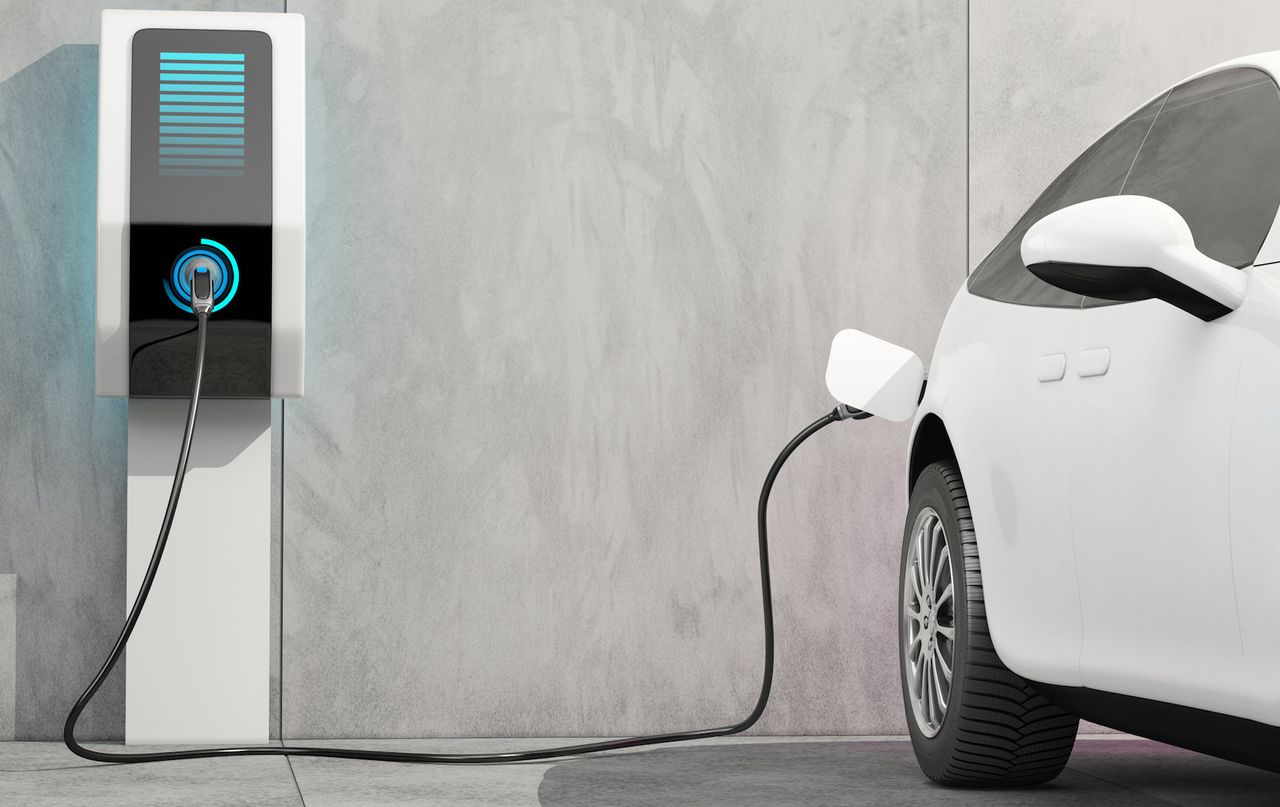The pros and cons of electric cars and how to take the leap and go electric
The pros and cons of electric cars are worth weighing up before you invest in one, but going electric has never been easier...

There are many pros and cons of electric cars to consider before buying a brand new car, but there's never been more choice or better models on the market to choose form than there are right now.
There are currently 140 plug-in models on sale to choose from, with another 47 electrified models due to launch this year, so choice is no longer an issue for consumers.
After 2030, you’ll no longer be able to buy a new petrol or diesel car: the Government has decided that every new car sold after 2030 must be either fully electric or a plug -in hybrid (this last sort will probably be banned after 2035).
So let’s break down the pros and cons of electric cars and have a look at it all: it’s much less scary than you might first think.
What are the main pros and cons of electric cars?
One of the main pros of electric cars at the moment is the range of cars you can now get. You can buy an electric hatchback, SUV, estate, supermini or sports car. You can spend a little or a lot (by 2025, electric-car prices should have dropped enough to put them on a par with petrol-powered car prices).
Another pro is that you can go fully electric or buy a plug-in hybrid, which gives you around 30 miles of pure electric driving before a petrol or diesel engine kicks in. Ideal for those wanting to 'dip their toe' in the waters of electrified motoring without committing to a fully electric vehicle right away.
In other words, whatever your motoring needs, there’s an electric car that will suit you now, which wasn’t the case a decade ago, when brave early adopters had to pay a lot for a small car with under 100 miles of range, and nowhere to recharge.
Sign up for the woman&home newsletter
Sign up to our free daily email for the latest royal and entertainment news, interesting opinion, expert advice on styling and beauty trends, and no-nonsense guides to the health and wellness questions you want answered.
One challenge for prospective electric buyers is the public-charging network (both availability of chargers and how easy they are to use), alongside deciding whether an electric car is right for you, and how much it will actually all cost.
Is electric right for you?
Is an electric car right for you? If you always drive long distances on motorways - say, for work, or to a holiday home - an electric car is probably not the right choice yet, because a battery’s charge goes down very quickly at motorway speeds, and you’d be better either sticking to petrol or diesel, or buying a plug-in hybrid, which gives you over 200 miles of fossil-fuel driving, so allows you to travel long distances without recharging.
If, however, your average daily driving comprises short, local trips out, an electric car is a good choice: most electric cars now have a usable range of between 150 and 350 miles. The more you spend, and the bigger the car, the bigger the battery, so the further it will be able to go between charges. But bear in mind that bigger is not always better: a large battery takes longer to charge, so a small electric car that can only go perhaps 90 miles between charges, will also only take half the time to charge.
How should you charge your car?
Which brings us neatly to the major source of consumer anxiety: charging. The easiest way round this is to get a home charging point installed–if you have off-street parking. Make sure you also use an electricity provider that provides an off-peak tariff, because to offset the higher price of an electric car, you need to be charging it when electricity is very cheap: normally between midnight and 5am. Most electric cars have charging timers on them, to allow you to plug the car in and set the timer to start charging at midnight and stop at 5am (or whenever your cheap tariff ends each night). This will save you a lot: 200 miles can cost £11 instead of £60 in a petrol car.
If you don’t have home charging, you’ll be reliant on public charging networks. The availability of these are improving and increasingly you don’t have to sign up to a million different apps but can pay as you go.
Is getting an electric car cheaper?
It may be more expensive to buy, but there are far fewer costs in general with an electric car. They require less servicing, have fewer moving parts to go wrong, are free in city congestion zones and costs less in road tax and company-car tax. There’s also a Government grant of £2,500 available now. Overall, running an electric car works out at about 3-4p per mile, compared with 12-15p per mile for a petrol or diesel one.
The main message is not to be overwhelmed: with a little bit of research and some thought about your lifestyle, you can make the switch to electric an easy one.
Published as part of our Driven series with Ford.
Erin Baker is Editorial Director of Auto Trader and an award-winning motoring journalist. She regularly appears on TV and radio, championing the motorist, and runs We Drive workshops with car brands for budding female motoring journalists, in order to narrow the gender gap. She reviews cars for Marie Claire and consults for Goodwood.
-
 Caught ending explained: Who was the killer and is Leo dead?
Caught ending explained: Who was the killer and is Leo dead?Another Harlan Coben thriller is riding high on Netflix, and viewers are asking for a deep dive of the intense ending of Caught
By Lucy Wigley Published
-
 Chocolate brown is everywhere but Ranvir Singh's Reiss sale dress stands out from the crowd
Chocolate brown is everywhere but Ranvir Singh's Reiss sale dress stands out from the crowdRanvir Singh has made us fall in love with deep cocoa brown all over again and her Reiss midi dress is more than 50% off
By Emma Shacklock Published
